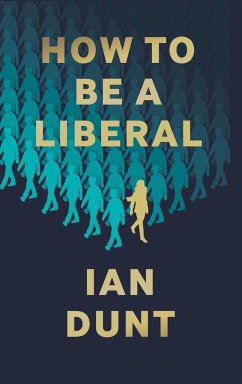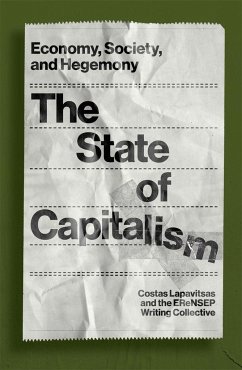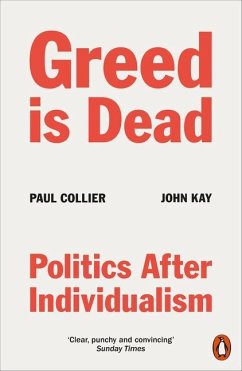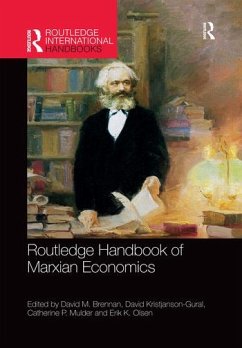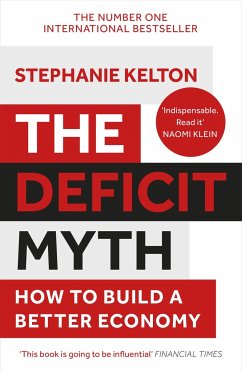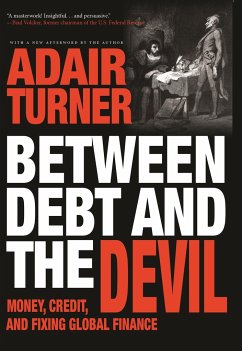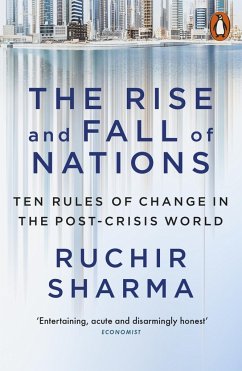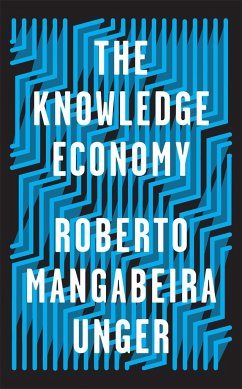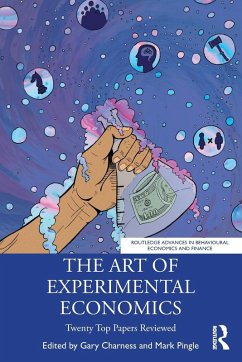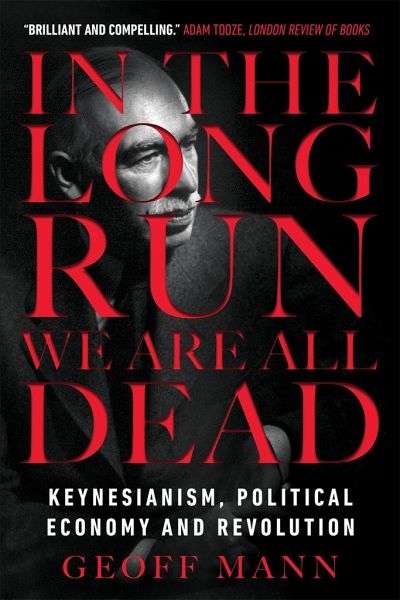
In the Long Run We Are All Dead
Keynesianism, Political Economy, and Revolution

PAYBACK Punkte
0 °P sammeln!
In the ruins of the 2007-2008 financial crisis, progressives the world over clamoured to resurrect the economic theory of John Maynard Keynes. The crisis seemed to expose the disaster of small-state, free-market liberalization and deregulation. Keynesian political economy, in contrast, could put the state back at the heart of the economy and arm it with the knowledge needed to rescue us. But what it was supposed to rescue us from was not so clear. Was it the end of capitalism or the end of the world? For Keynesianism, the answer is both.Geoff Mann's In the Long Run We're All Dead is a thorough...
In the ruins of the 2007-2008 financial crisis, progressives the world over clamoured to resurrect the economic theory of John Maynard Keynes. The crisis seemed to expose the disaster of small-state, free-market liberalization and deregulation. Keynesian political economy, in contrast, could put the state back at the heart of the economy and arm it with the knowledge needed to rescue us. But what it was supposed to rescue us from was not so clear. Was it the end of capitalism or the end of the world? For Keynesianism, the answer is both.
Geoff Mann's In the Long Run We're All Dead is a thoroughgoing critique of Keynes for our post-crash world, and an accessible and historically grounded introduction to his masterwork The General Theory of Employment, Interest, and Money. Mann argues that Keynesianism is thus modern liberalism's most persuasive internal critique, meeting two centuries of crisis with a proposal for capital without capitalism and revolution without revolutionaries.
Geoff Mann's In the Long Run We're All Dead is a thoroughgoing critique of Keynes for our post-crash world, and an accessible and historically grounded introduction to his masterwork The General Theory of Employment, Interest, and Money. Mann argues that Keynesianism is thus modern liberalism's most persuasive internal critique, meeting two centuries of crisis with a proposal for capital without capitalism and revolution without revolutionaries.




